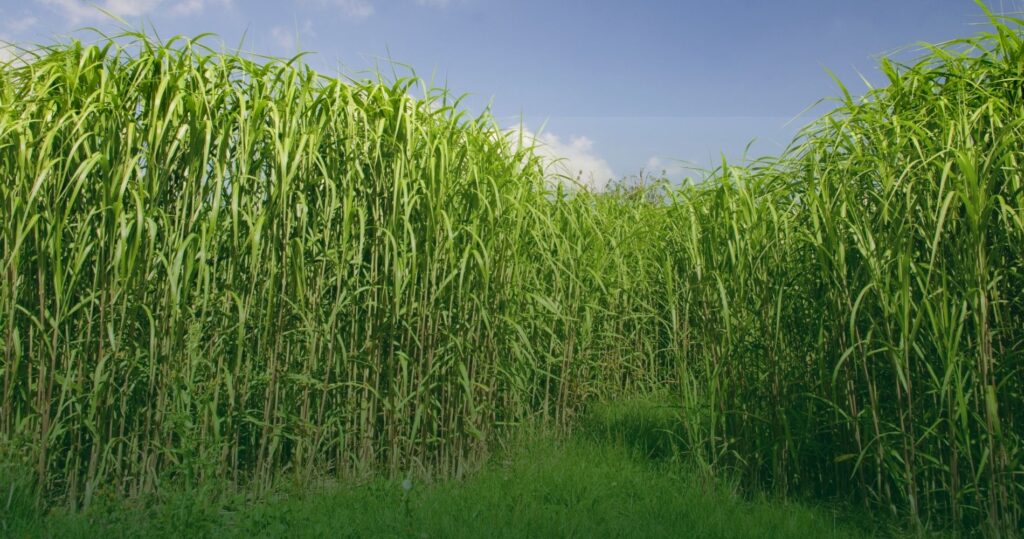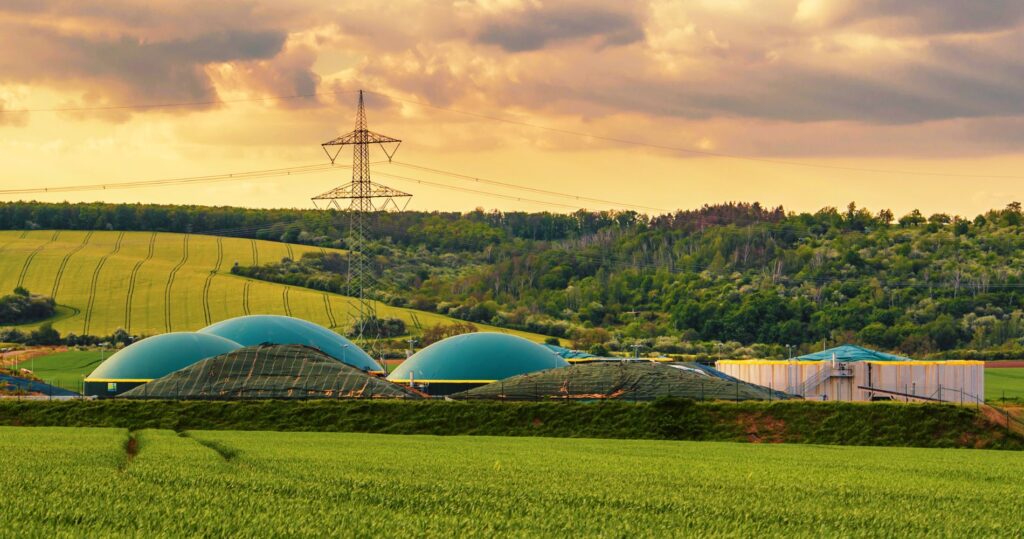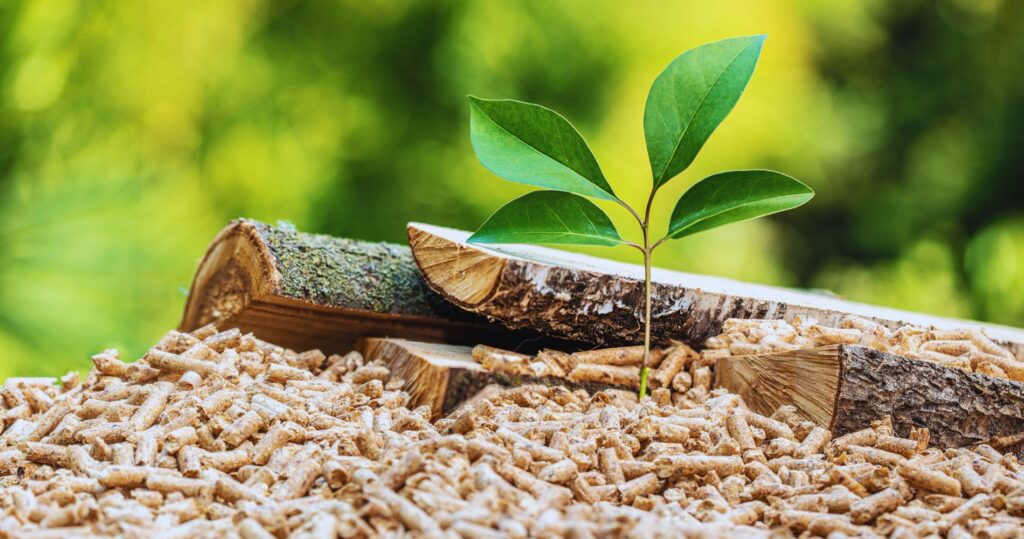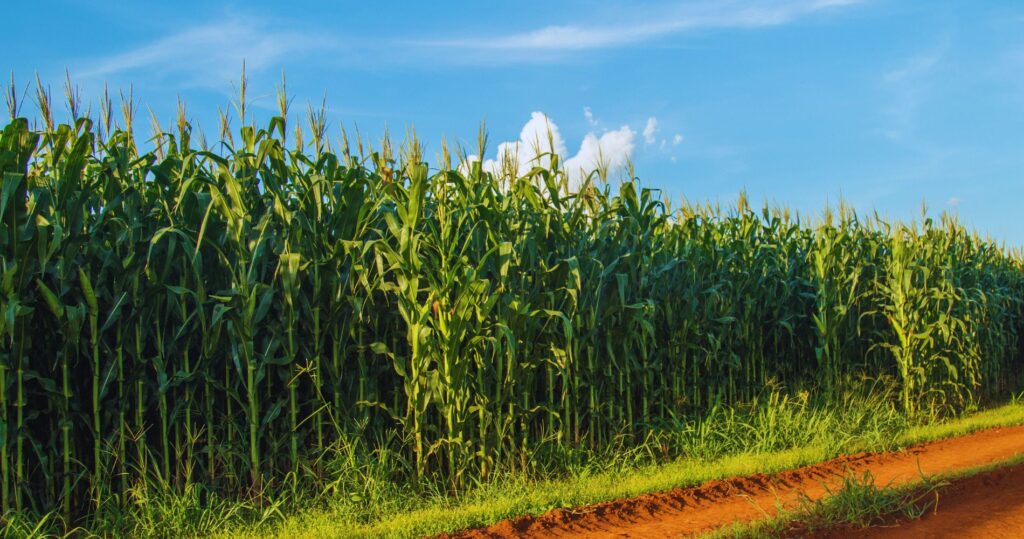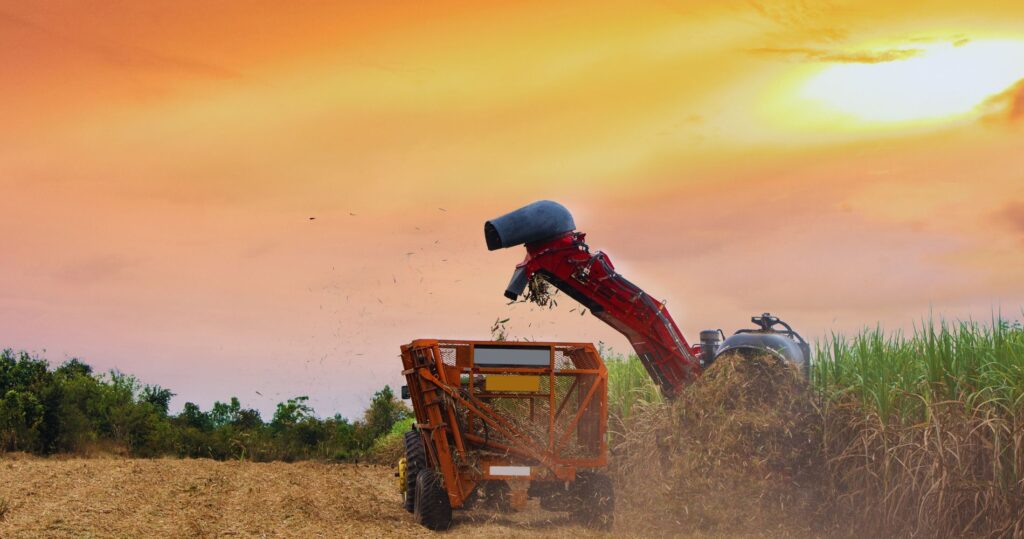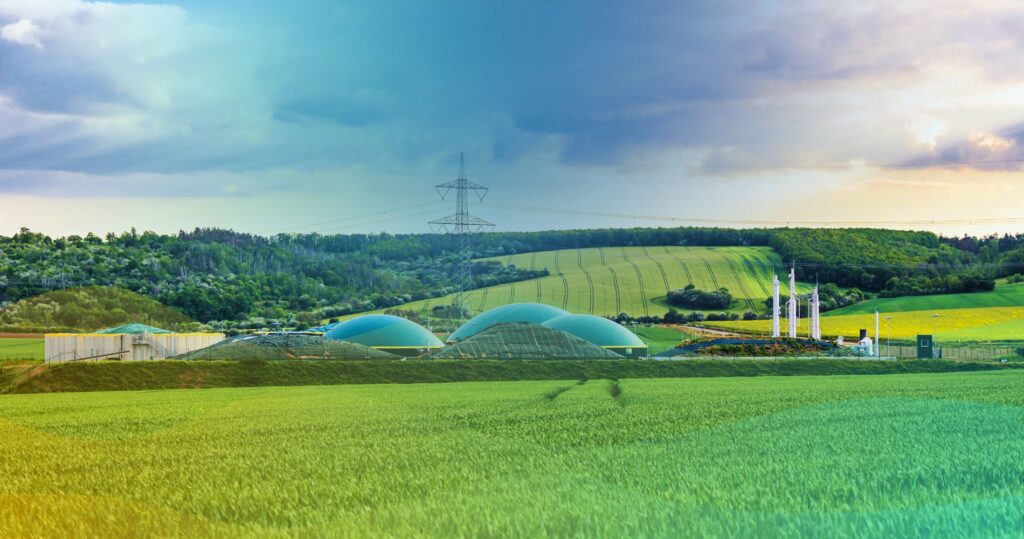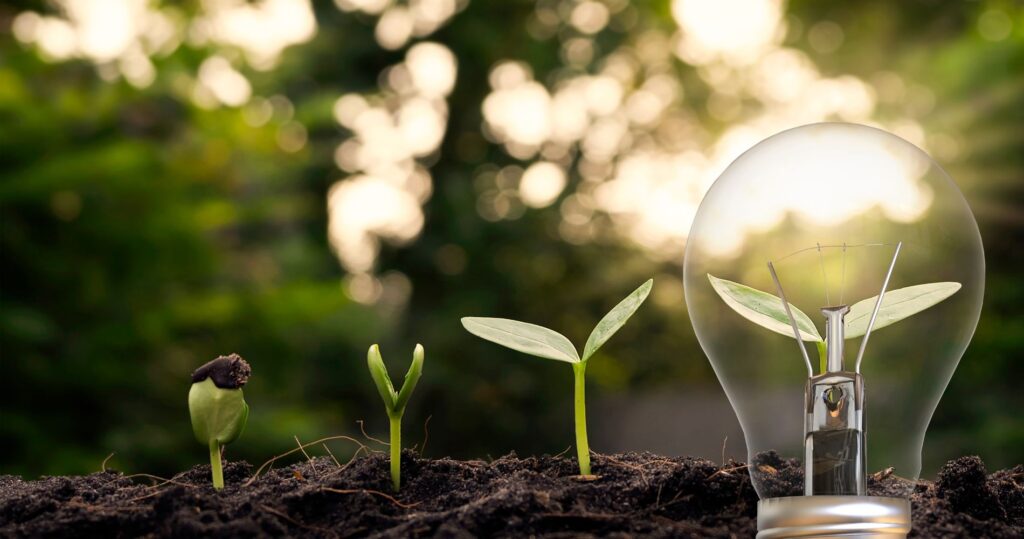In 2023, Brazil reached important milestones in energy generation from biomass, with an average of 3,218 MW generated, equivalent to 4.6% of national energy consumption. This record, reported by CCEE, surpassed the previous one from 2020 (3,140 MWm), reflecting the continued growth and importance of biomass in the Brazilian energy mix.
Brazil, a country recognized for its wealth of natural resources and renewable energy potential, is positioning itself as a leader in the transition to a low-carbon economy. In this context, biomethane and green hydrogen emerge as protagonists, promising to revolutionize the national energy panorama.
In 2023, biomass consolidated its position as one of the main sources of renewable energy in Brazil, contributing significantly to the diversification of the national energy matrix. Its integration into the National Interconnected System (SIN) was driven by the record generation of 3,200 average MW, a milestone that highlights not only the energy potential of this source, but also its relevance for the country's energy security and environmental sustainability.
Brazil's wealth of natural resources, including its vast biodiversity and large tracts of agricultural land, provides a solid foundation for bioenergy production. The use of agricultural byproducts, such as sugar cane, soybeans, and forest residues, for the production of biofuels, such as ethanol and biodiesel, exemplifies the integration between agriculture and energy, promoting a circular and sustainable economy.
RenovaBio, an ambitious Brazilian government program aimed at promoting biofuels, celebrates four years of existence facing divided opinions. On the one hand, fuel distributors request adjustments, arguing insufficiencies in the program. On the other hand, the Brazilian Biogas Association (ABiogás) praises the success of RenovaBio, highlighting its positive impacts on the environmental sector and the economy.
The bioenergy industry in Brazil has grown significantly, representing almost 20% of the country's energy supply. With technological advances and government support, companies such as Grupo Urca Energia and Gás Verde are leading the way in biomethane production, contributing to a more sustainable future.
The Earth faces significant environmental challenges, from polluting the oceans to destroying forests. In response, the global community mobilized, resulting in the Paris Agreement in 2015 aimed at limiting global warming. COP 27 reinforced the urgency of climate action, highlighting the need for food security and cuts in gas emissions.


